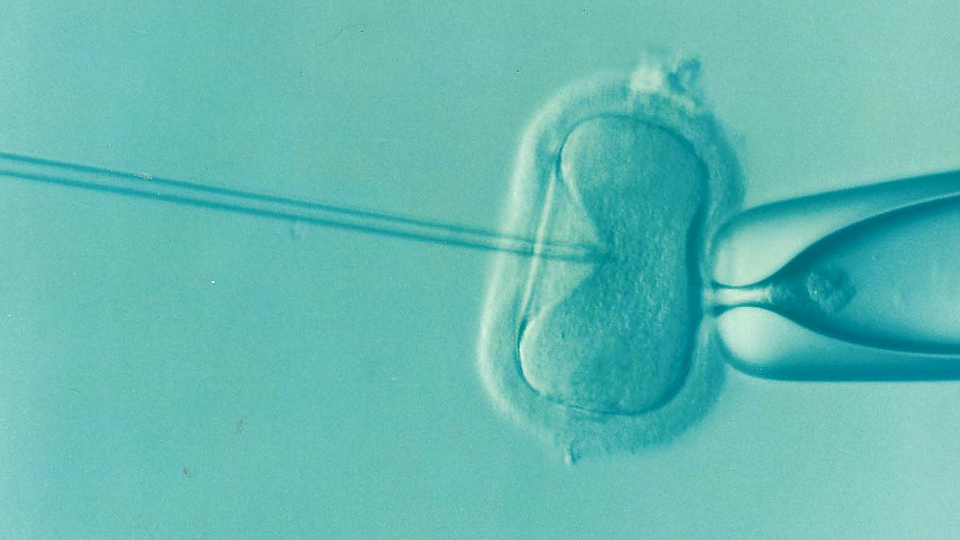Aggregated News

On June 7, news reports emerged that Valery Zukin, director of Nadiya Clinic of Reproductive Medicine in Ukraine, and his colleagues had created four children from “infertile” older women using DNA obtained from three different parents. The technique, called pronuclear transfer, has entered clinical trials in the U.K. and Singapore to help fertile women with devastating mitochondrial DNA (mtDNA) mutations to have healthy babies, but not to treat infertility. It’s our position that it is premature to apply pronuclear transfer to treat infertile women for both scientific and ethical reasons until more clinical research has been performed on women with mtDNA mutations.
In pronuclear transfer, a man’s sperm is used to generate two fertilized eggs: one obtained from his female partner who has the mtDNA mutations and the other from a donor woman with healthy mtDNA. At a specific time after fertilization, the donor woman’s egg is enucleated and the nucleus from the fertilized egg obtained from the woman with the mtDNA defects is transferred into the enucleated egg. This reconstituted pre-embryo is then implanted into...



